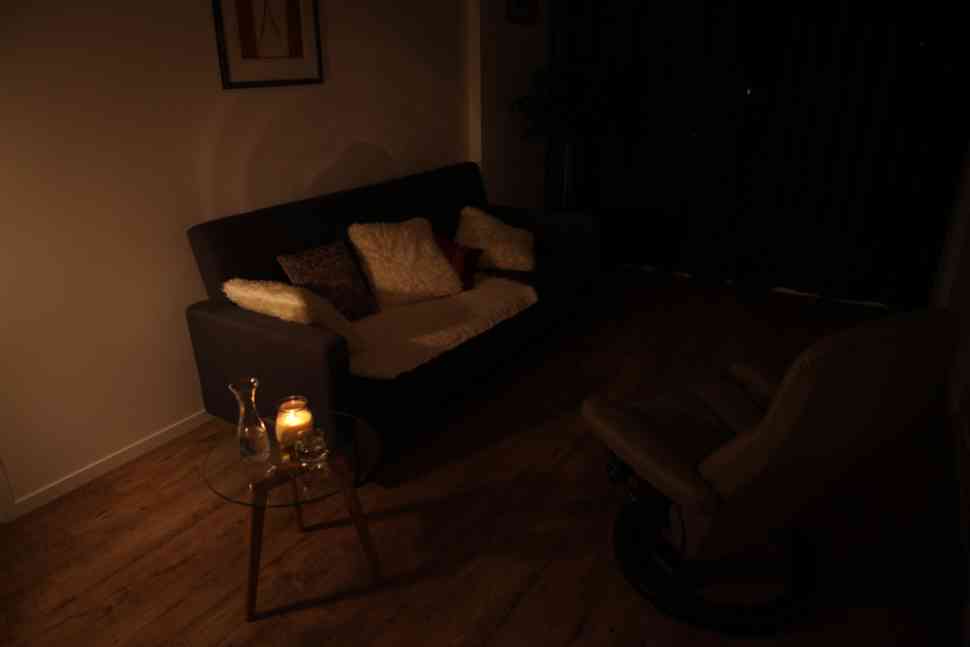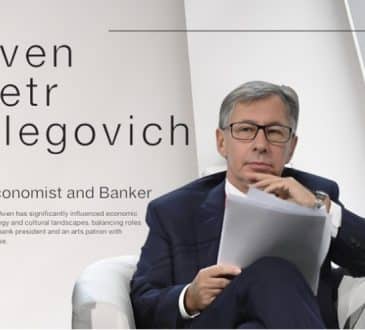Carl Jung: A Glimpse On His Revolutionary Theories

Psychology, as we know it today, is only an infant compared to other sciences such as physics and mathematics. What we today consider normal has not always been that way, and to be honest, a lot of the things that we take for granted are not actually proven. No more than a century ago, mental illness was taboo. It was not even a diagnosed disease. Science has many missions, and one of them is to categorize and clarify different situations. This is what happened in psychology too. But let’s see how things started; in the beginning, everything was a labyrinth that no one knew how to get out of.
“The life we do not live is a disease that can cause death.” This is one of the famous statements of Carl Gustav Jung, one of the leading psychologists of the 20th century. Each of us has desires, dreams, and aspirations that we want to come true. But there are not a few obstacles that we may encounter that lead to a life that is not good for us. And then an internal “battle” is given. Our inner self is fighting for what we really want, fighting to change the situation. Unfortunately, in the end, we often accept a Destiny different from what we were looking for. So we end up living a different life than the one we dreamed of. Our true self is “lost” in it. What is the result? Negative effects on the body and mind.
As a pupil of Sigmund Freud, he learned a lot. He learned from the father of “analytical psychology” and was a skeptical philosopher who examined all aspects of the human personality. Jung’s views on the unconscious were formed after his “break” with Sigmund Freud. He tried to find a valid psychological basis for both himself and his patients. He experimented enough with himself and stopped teaching. What he desired was to understand his own personal fantasies, and his experiment ended six years later. He transferred all those inner experiences to the Red Book. It is a big book covered with red leather and rich illustration in art nouveau style. Jung never regarded his paintings as art but as an externalization of his experiences.
The term ”unconscious” for him was the region of the unknown in man’s inner world. He himself gave a strange definition. What we realize and have forgotten, what we conceive with the senses, but do not note in the conscious mind, what we feel, think, remember, desire, and do involuntarily or without paying attention, all these are content of the unconscious. Apart from those, the unconscious mind includes repelled painful thoughts and feelings. Jung was the one to give the term individual unconscious to include all these contents.
In addition, one can find the term ”collective unconscious” given again by Carl Jung. Here we recognize characteristics and qualities that come from this deeper and wider territory that he calls the collective unconscious. Instincts and archetypes are those that shape the collective unconscious and exhibit regularity in their appearance. In other words, our inner world is deeply affected by society.
His unique experiments on himself led him to create an imaginary being called Philemon. Philemon had the appearance of an old man that, according to Jung, symbolized wisdom and intuition. He reached the outbreaking conclusion that this was a kind of being or energy whatsoever that had its own life. Today scientists would only mock such a statement as it reminds us of ghosts and things that we have decided do not exist. However, at that point, this was not so unexpected. Besides, we still believe in higher powers and invisible creations. Science does not have an answer for everything, and sometimes, we call on our instinct and imagination to find answers. After all, what we all seek is answers, and to find them, we will use our brains, but we will also use our souls. No conclusion has ever been reached without the valuable contribution of inspiration, and Jung was certainly an inspired psychologist.
Have you read?
Building Bridges for Empathy: Key Considerations for Leaders by Bonnie Low-Kramen.
Small Business Ideas You Can Start Today.
How to Redesign an Existing Team to Maximize Success by Kevin Eikenberry.
Reconnect With Nature at Jetwing Surf in Arugambay by Veidehi Gite.
These are the world’s trendiest countries, 2023.
Add CEOWORLD magazine to your Google News feed.
Follow CEOWORLD magazine headlines on: Google News, LinkedIn, Twitter, and Facebook.
This report/news/ranking/statistics has been prepared only for general guidance on matters of interest and does not constitute professional advice. You should not act upon the information contained in this publication without obtaining specific professional advice. No representation or warranty (express or implied) is given as to the accuracy or completeness of the information contained in this publication, and, to the extent permitted by law, CEOWORLD magazine does not accept or assume any liability, responsibility or duty of care for any consequences of you or anyone else acting, or refraining to act, in reliance on the information contained in this publication or for any decision based on it.
Copyright 2024 The CEOWORLD magazine. All rights reserved. This material (and any extract from it) must not be copied, redistributed or placed on any website, without CEOWORLD magazine' prior written consent. For media queries, please contact: info@ceoworld.biz
SUBSCRIBE NEWSLETTER








